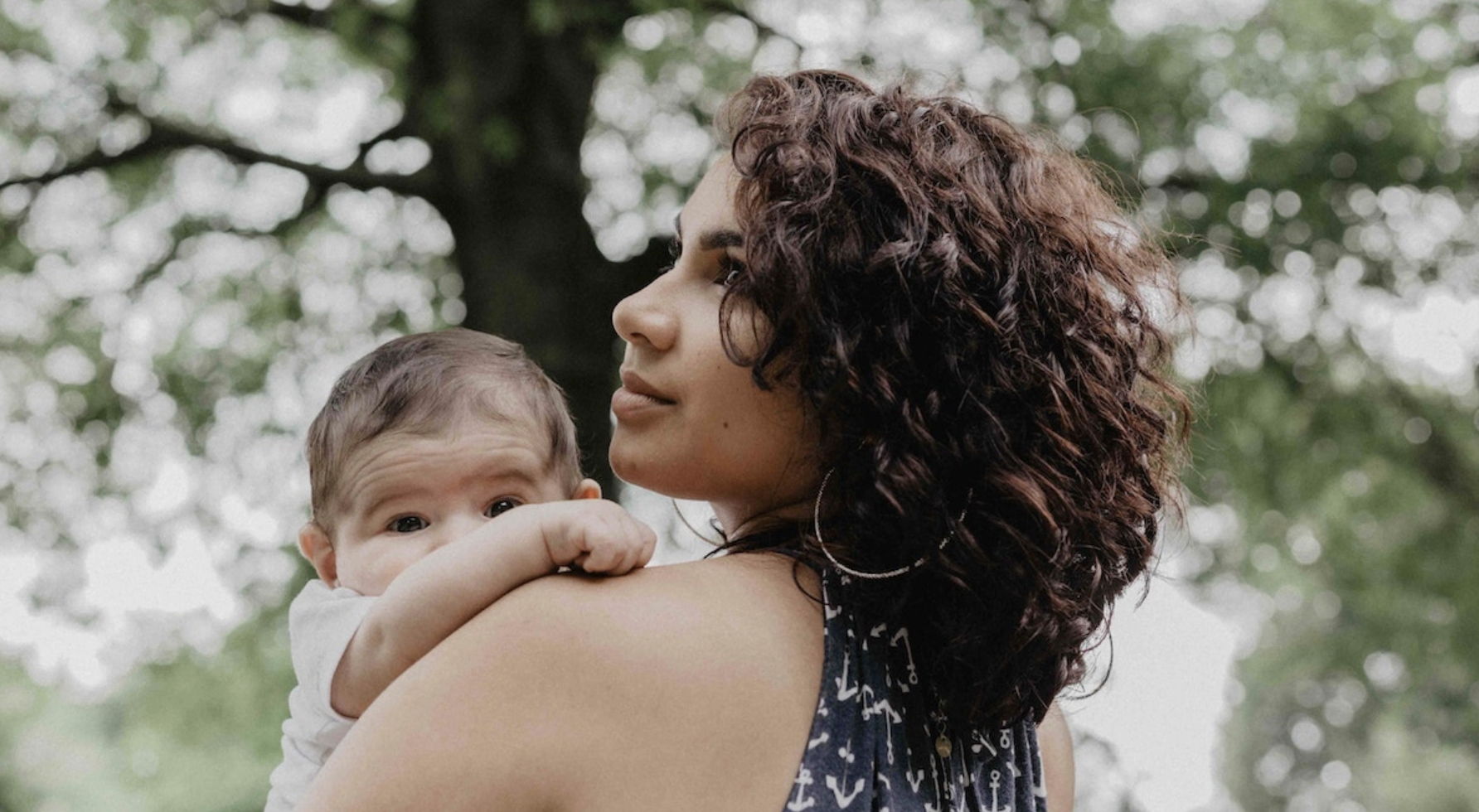We know that belonging is a fundamental, emotional need for human beings. And an absence of belonging, or ‘unbelonging’ contributes to anxiety, stress and physical pain. For many new or expectant LGBTQ+ parents, there is a range of common questions about their family life that can create frustration and a sense of ‘unbelonging’. There is a fine line between being interested and being intrusive.
New research, conducted by Grace Papers in partnership with Pride in Diversity, has revealed that LGBTQ+ parents experience ‘everyday bias’ through inappropriate questions from their peers. Thirty-two percent of participants said that they are asked questions they deem inappropriate or insensitive in relation to being from a rainbow family. Forty percent of participants say that these questions most commonly relate to conception. And 54 percent of participants said that as a parent with a diverse expression of sexuality or gender, they get asked a lot of questions about labels.
The study, titled An Inclusive Approach to Parenting, was designed to ensure organisations’ policies, practices and programs were inclusive of all family situations. While plenty of research explores how the richness of family life impacts our working lives, little has been done to understand the experiences of families that do not fit into nuclear family stereotypes. In particular, families identifying as Lesbian, Gay, Bisexual, Transgender and Queer (LGBTQ+), and how they experience the intersection of their working lives and family lives.
Through a comprehensive survey and one-on-one interviews, more than 545 people – including 39% identifying as LGBTQ+ – participated in the research, which aims to help close the knowledge gap around the intersection of care, career and sexual orientation.
Yet the road to inclusion doesn’t just require deliberate and intentional action from organisations. It requires intentional action from individuals. So if you want to be a better ally, here are the 11 questions you should think twice about before asking them of a new or expectant same-sex parent:
1. “Whose sperm did you use/who carried the baby?”
While you may be curious about how your acquaintance conceived their baby, it’s really none of your business. Instead try: ‘What a beautiful baby!’
2. “Who is the real mother/father?”
Both parents are parents. How about: ‘How are you finding parenthood?’
3. “I’m just curious. Who is the dad?”
Again, ‘How are you finding parenthood?’ is a much better question.
4. “What will you do on Mother’s Day/Father’s Day?”
Families celebrate Mother’s Day and Father’s Day differently, or not at all for various reasons. Same-sex couples are no different.
5. “Is your child adopted?”
If the child has been adopted, it happened in the past tense. For many families who adopt children, the day their child joins their family is a much longed-for and happy occasion. Today their child is just that – their child.
6. “I bet it can get confusing – what does your child call you?”
It’s likely to be something a lot nicer than what your acquaintance will want to call you for asking them this question.
7. Why aren’t you carrying this one? Didn’t your partner carry the last one?”
How about, ‘Congratulations’, instead.
8. “How will you make sure your child has a male/female role model?”
First of all, studies show that children raised in same-sex families develop at the same rate as their peers in heterosexual families, so having role models of either gender isn’t a primary concern for many same-sex parents. Plus, same-sex couples don’t live in a bubble. Chances are, your acquaintance will have friends and family members of various genders who will all feature to some degree in their child’s life.
9. What if your child wants to meet their real mum/dad?
Both partners in a same-sex couple are parents to their children: to refer to an egg or sperm donor as their ‘real’ mother or father can undermine this. Instead try: ‘What if your child wants to meet their biological parent(s) in the future?’
10. Do you think your child will be LGBTQ+ too?
Sexual orientation and gender identity aren’t contagious or a choice. And if they do identify as LGBTQ+ in the future, is that really a problem?
11. What will you do if your child is bullied in school because they have two mums/dads?
Bullies will be bullies, and if it’s not for having two mums or dads, then it might be because they have red hair or wear glasses. Same-sex parents will find their way of helping their child deal with the bullies in the same way heterosexual couples do.
Log in or register to explore the Grace Papers digital coaching platform.




